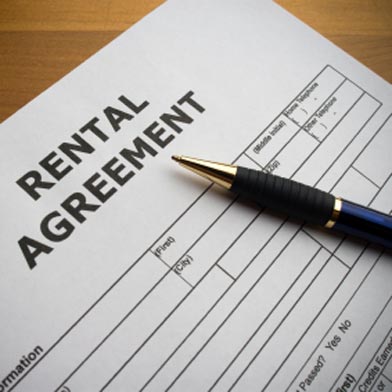
A San Francisco supervisor introduced legislation Tuesday that seeks to legalize what he said is a “shadow economy” of in-law units on residential properties in the city.
San Francisco Board of Supervisors president David Chiu introduced the proposal, which addresses in-law units that are typically added onto existing homes by converting attics, basements, garages or rear yard structures into a new living space.
At least 30,000 such units exist citywide and serve as an important stock of affordable housing in San Francisco, but many are technically illegal under current city building and planning codes, Chiu said.
He said his proposal would bypass those codes and allow one in-law unit to be authorized on a lot after a landlord submits a formal application, pays a nominal fee and obtains permits for any construction needed on the unit to ensure its safety.
Chiu said the legislation is supported by both landlord and tenant groups.
Henry Karnilowicz, a board member of the Small Property Owners of San Francisco, said many landlords or owners are “concerned about possibly being turned in” for in-law units that are currently illegal, which would lead to a loss in income or a possible lawsuit.
Meanwhile, Chiu said many in-law tenants don’t even have a written agreement with a landlord. He said his legislation would protect rent control rights for in-law tenants and require relocation assistance for them during any construction on the unit.
Omar Colimbas, an attorney with Asian Americans Advancing Justice/Asian Law Caucus, said many tenants of in-law units are also undocumented immigrants who might not report unsafe conditions in their unit.
“Many are hesitant to come forward because they fear that they might get deported,” Colimbas said.
Chiu said the city “has turned a blind eye” to the in-law units, but must work to ensure their survival as housing prices and eviction rates in the city continue to increase.
A recent study by Asian Americans Advancing Justice/Asian Law Caucus of in-law units found that many include families with children, seniors and low-income residents and pay about $1,250 per month for a two-bedroom space, compared to the median rent in the city of nearly $3,500.
The city’s Department of Building Inspection issues about 100 notices of violation to in-law units each year, department officials said.
Chiu introduced the legislation at Tuesday afternoon’s board meeting. It will be heard in a committee meeting before going in front of the full board.
Dan McMenamin, Bay City News









